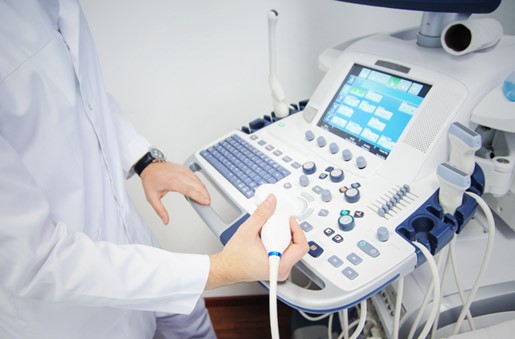Bringing a baby into the world is a momentous occasion, but it’s also a time of significant physical, emotional, and mental transformation for mothers. While most of the focus often shifts to the newborn, a new mom’s health deserves equal attention. Enter the postpartum health check—a crucial medical appointment to ensure recovery and address any concerns.
This check-up isn’t just another doctor’s visit; it’s a cornerstone of maternal health, helping women navigate the complexities of postpartum recovery with confidence. Let’s dive deeper into why it matters, what it involves, and how it can make a difference for every new mom.
What Exactly Is a Postpartum Health Check?
A postpartum health check is a comprehensive medical evaluation designed to monitor a mother’s recovery after childbirth. It typically takes place around 4-6 weeks postpartum, although additional check-ups may be recommended sooner, particularly for women who experienced complications during delivery or pregnancy.

Key Goals of a Postpartum Check-Up:
- Assess Physical Recovery: Ensure the uterus is returning to its normal size and check for healing from vaginal tears, episiotomies, or cesarean sections.
- Monitor Mental Health: Identify signs of postpartum depression or anxiety, which can affect up to 20% of new mothers.
- Provide Guidance: Offer advice on breastfeeding, contraception, and self-care during the postpartum period.
Why Is a Postpartum Health Check So Important?
1. Physical Recovery
Childbirth is physically demanding, whether it’s a vaginal delivery or a cesarean section. A health check ensures that your body is healing properly. Issues like infection, persistent pain, or conditions like postpartum hemorrhage can be identified and treated early.
2. Emotional Well-Being
The postpartum period is often referred to as the “fourth trimester.” Hormonal changes, sleep deprivation, and the stress of adjusting to a new routine can contribute to mood swings, anxiety, or even postpartum depression. This check-up provides a safe space to discuss how you’re feeling emotionally.
3. Family Planning and Sexual Health
From discussing contraception options to addressing concerns about resuming sexual activity, the postpartum health check ensures that moms feel informed and supported as they plan their next steps.
4. Addressing Breastfeeding Challenges
For breastfeeding mothers, this is an opportunity to address concerns like mastitis, low milk supply, or nipple pain. For moms who opt not to breastfeed, support is also available to manage lactation suppression comfortably.
What Happens During a Postpartum Health Check?
1. Physical Examination
- Pelvic Exam: The doctor checks for proper healing of the cervix, uterus, and any vaginal tears.
- Abdominal Exam: Monitors the healing of cesarean incisions or diastasis recti (abdominal muscle separation).
- Blood Pressure Check: Especially important for women with a history of preeclampsia.
2. Mental Health Screening
Postpartum mental health is a significant focus. Healthcare providers may use questionnaires to assess for postpartum depression, anxiety, or mood disorders.
3. General Health Assessment
This includes checking weight, energy levels, and symptoms like persistent bleeding, chronic pain, or urinary incontinence.
4. Breastfeeding Support
Breastfeeding moms can discuss latch issues, milk supply concerns, or remedies for conditions like engorgement.
5. Discussion of Symptoms and Concerns
Your healthcare provider will encourage you to share any lingering discomforts or concerns, such as:
- Vaginal dryness or pain
- Changes in bowel or bladder habits
- Hair loss or skin changes
6. Family Planning Advice
From birth control methods to spacing between pregnancies, this conversation helps women plan their reproductive future confidently.
Common Postpartum Concerns Moms Should Know About
- Excessive Bleeding
While some bleeding is normal, large clots or heavy bleeding may indicate a postpartum hemorrhage or infection. - Mood Swings or Depression
Feelings of sadness, irritability, or hopelessness beyond the typical “baby blues” could signal postpartum depression. - Painful Breastfeeding
Issues like clogged ducts, mastitis, or cracked nipples are common but manageable with proper support. - Urinary Incontinence
Leaking urine after childbirth is normal for some but may require pelvic floor therapy if it persists. - Fatigue and Low Energy
It’s essential to differentiate between normal tiredness and symptoms of anemia or thyroid imbalances.
FAQs About Postpartum Health Checks
Q: Can I bring my baby to the appointment?
Yes! Most clinics welcome newborns, especially if you’re breastfeeding and may need to nurse during the visit.
Q: Do I still need a check-up if I had a smooth delivery?
Absolutely. Even if you feel fine, a postpartum check ensures that silent issues, like high blood pressure or nutrient deficiencies, are caught early.
Q: What if I don’t feel ready to discuss mental health?
Your provider is there to listen without judgment. They can offer resources, counseling, or medications if needed.
Q: Can my partner attend the check-up?
Many providers encourage partners to attend, especially if they want to discuss family planning or support strategies.
Q: How can I prepare for my postpartum check-up?
Write down any symptoms, questions, or concerns beforehand so you don’t forget to mention them during the visit.
Taking Charge of Postpartum Recovery
Motherhood is an incredible journey, but it’s also a challenging one. A postpartum health check ensures that moms receive the care and support they deserve during this transformative time. Whether it’s physical healing, emotional well-being, or simply reassurance, this appointment is a vital step toward feeling like yourself again.
Remember, prioritizing your health isn’t selfish—it’s essential for your well-being and your ability to care for your little one. If you’ve recently given birth, don’t hesitate to schedule your postpartum check-up today.
Your health matters. Your journey matters. You matter.


